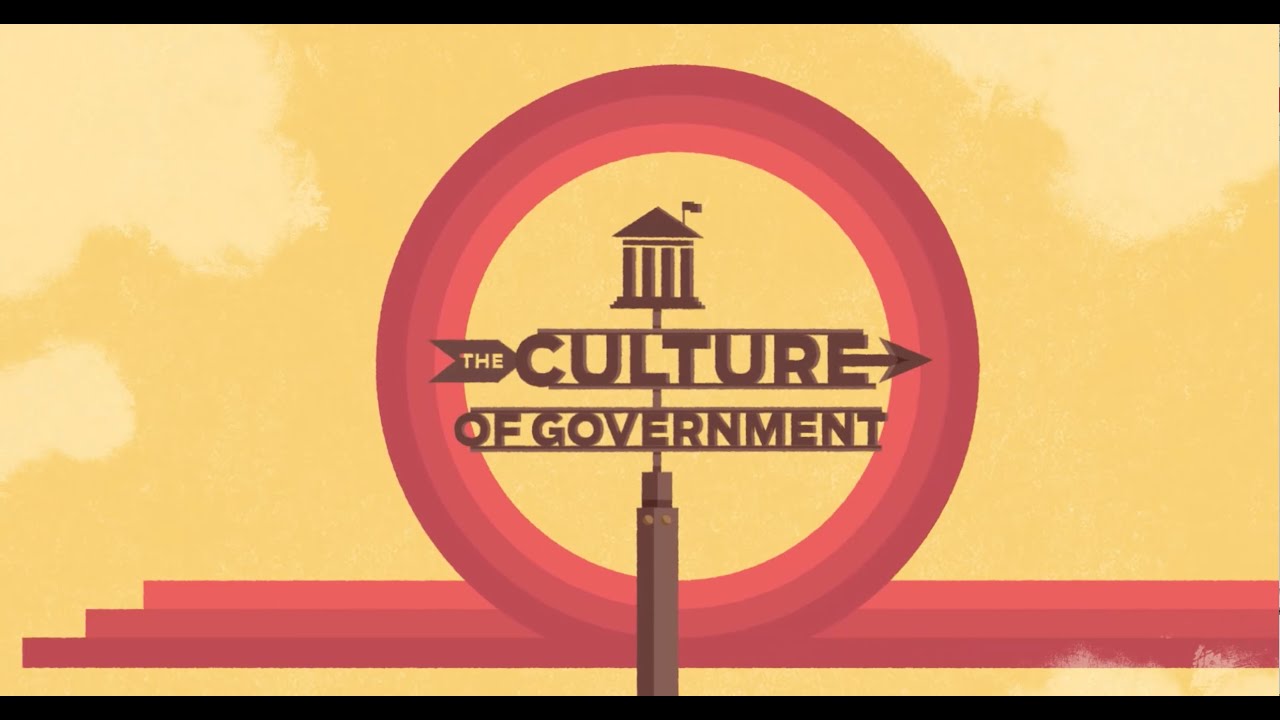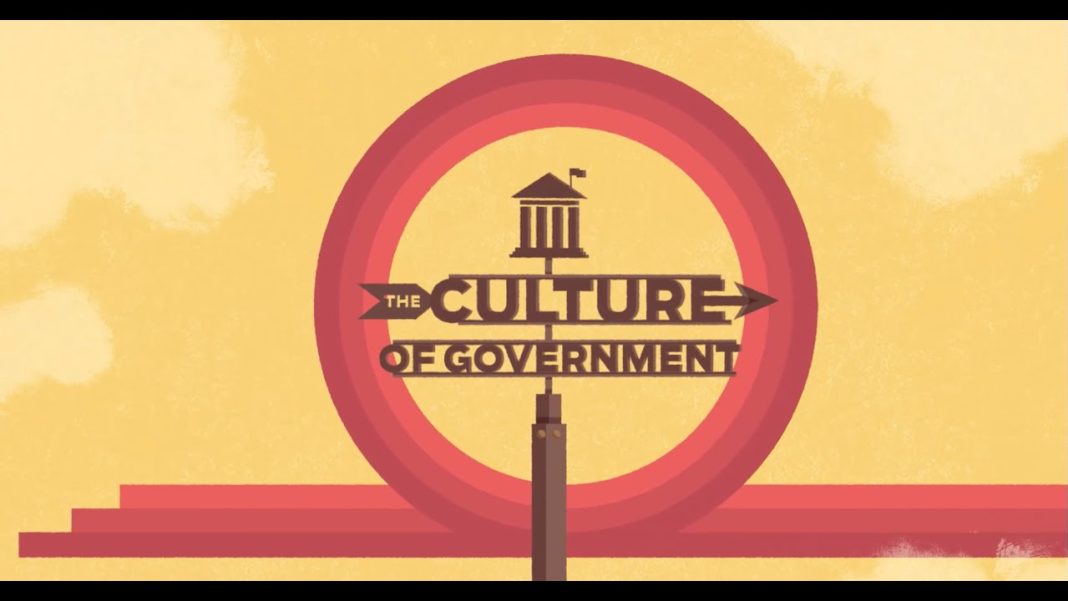
The Flaws of Capitalism: A Critical Analysis of the U.S. Economic System
Introduction
The concept of capitalism has long been the subject of debate and contention. With no stable definition, it remains a term that is both praised and criticized. However, rather than getting caught up in semantics, it is crucial to examine the ways in which economic systems have deviated from the original ideals of voluntarism and consent. This article aims to shed light on the shortcomings of the U.S. economic system, highlighting how it has strayed from the principles of capitalism.
Governments’ Influence on Tech and Media Platforms
One of the glaring deviations from a capitalist marketplace is the growing influence of governments on tech and media platforms. Platforms like Microsoft, Google, Amazon, Facebook, and Twitter, once seen as disruptive and libertarian, have gradually become minions of state power. This shift was evident when these platforms cooperated with governments to spread propaganda, engage in surveillance, and enforce censorship. The COVID-19 pandemic further exposed their role in propagating panic and stifling dissent. Today, these institutions have become co-conspirators in the censorship-industrial complex, suppressing alternative voices and stifling innovation.
The Medical Cartel and Regulatory Capture
The United States’ medical system has fallen victim to cartelization and regulatory capture, deviating from the principles of a free market. Regulatory agencies and official institutions collaborate with the medical cartel to impose harmful pharmaceuticals on the public, charge exorbitant prices, and block alternative treatments. This collusion not only promotes addiction and ill health but also prevents independent medical practice. The medical system has become a privately-owned cartel that works hand in glove with coercive power, prioritizing profit over public health.
Government-Funded Education and Indoctrination
The U.S. educational system, primarily funded by the government, stifles competition, coerces participation, and promotes a political agenda of compliance and indoctrination. Public schooling, which began in the late 19th century, gradually evolved into a comprehensive state-planned system that burdens generations with insurmountable debt. The lack of market forces and competition in education prevents the flourishing of alternative options, leaving families to pay through increased taxes, tuition fees, and lost income. Despite the system’s flaws, regulations and mandates continue to impede the development of a market-based education system.
Agricultural Subsidies and Consolidation
Agricultural subsidies have led to the consolidation of industries, crushing smaller farms and manipulating the regulatory apparatus. Compliance costs and investigations have driven numerous small farms out of business, leaving the industry dependent on patented pharmaceuticals and fertilizers. The agricultural sector’s collusion with government regulators, coupled with the fear of infectious diseases, has created an environment where even small-scale farmers live in constant fear. This consolidation has further reinforced the ties between the food system and the medical cartel, contributing to a public health crisis.
Complex Taxation and Wealth Punishment
The U.S. tax system, with its numerous forms of federal taxation, punishes wealth accumulation and obstructs social mobility. The proliferation of federal financing sources has created a form of commercial and industrial servitude. Entrepreneurs must navigate a web of compliance costs and seek favors from the government to survive in the market. The complex taxation system limits economic freedom and perpetuates a cycle of dependence on the state.
Fiat Money and Financialization
The introduction of fiat paper money and floating exchange rates has given governments unlimited funds, perpetuated inflation, and disrupted international trade. The fiat money system allows governments to expand without limit, inflating their power and manipulating financial markets. This financialization has led to the dominance of big finance over traditional industrial sectors, destroying the once-thriving manufacturing industry. The U.S. debt, predominantly owned by foreign entities, further undermines economic independence and creates a backlash against free trade.
The Court System and Extortionist Litigation
The U.S. court system has become a breeding ground for extortionist litigation, where even the smallest businesses fear bankruptcy due to frivolous lawsuits. This environment of constant legal threats has normalized diversity, equity, and inclusion (DEI) hiring standards, as risk-averse managers seek to avoid litigation. Meanwhile, the real wrongdoers, such as pharmaceutical companies, are shielded from legal action. The court system has become a playground for the rapacious, perpetuating injustice and hindering genuine market competition.
The Patent System and Cartelization
The patent system, intended to protect intellectual property, has instead fostered industrial cartelization and hindered competition. Intellectual property laws create artificial scarcity, restricting innovation and learning. The patent power acts as a tool for would-be monopolists, impeding commercial freedom. Critics argue that “intellectual property” is not true property, as it limits the free spread of ideas and stifles progress. The capture of pro-capitalist thinkers by patent theory is a breach in history, hindering genuine market competition.
The Erosion of Authentic Property Rights
Authentic property rights are weaker than ever, susceptible to governmental intervention and erasure. COVID-19 lockdowns have demonstrated that even landlords cannot evict tenants or small businesses operate freely. The power of public-health authorities to shut down businesses at will undermines the foundations of capitalism. The economic freedom indexes have yet to adapt to this new reality, highlighting the urgent need for a reevaluation of property rights in the face of arbitrary state power.
The Burden of a Bloated Federal Budget
The U.S. federal budget supports over 420 agencies that impose compliance costs on entrepreneurs and create uncertainty in the business environment. Superficial attempts at deregulation fail to address the core issue: the pervasive influence of regulatory diktats on every product and service. The incumbent financial industry stifles disruptive forces like cryptocurrencies, transforming them into compliant entities. A balanced budget and a shutdown of the Federal Reserve’s money spigot are necessary to restore economic freedom.
Conclusion
The flaws within the U.S. economic system are evident in its deviation from the principles of capitalism. The growing influence of governments, the medical cartel, and regulatory agencies has stifled competition, suppressed dissent, and prioritized profit over public health. Complex taxation, financialization, and extortionist litigation hinder economic growth and perpetuate injustice. The erosion of authentic property rights and the burden of a bloated federal budget further undermine the foundations of capitalism. It is crucial to recognize these shortcomings and strive for a more market-based system that upholds the principles of voluntarism, consent, and economic freedom.


